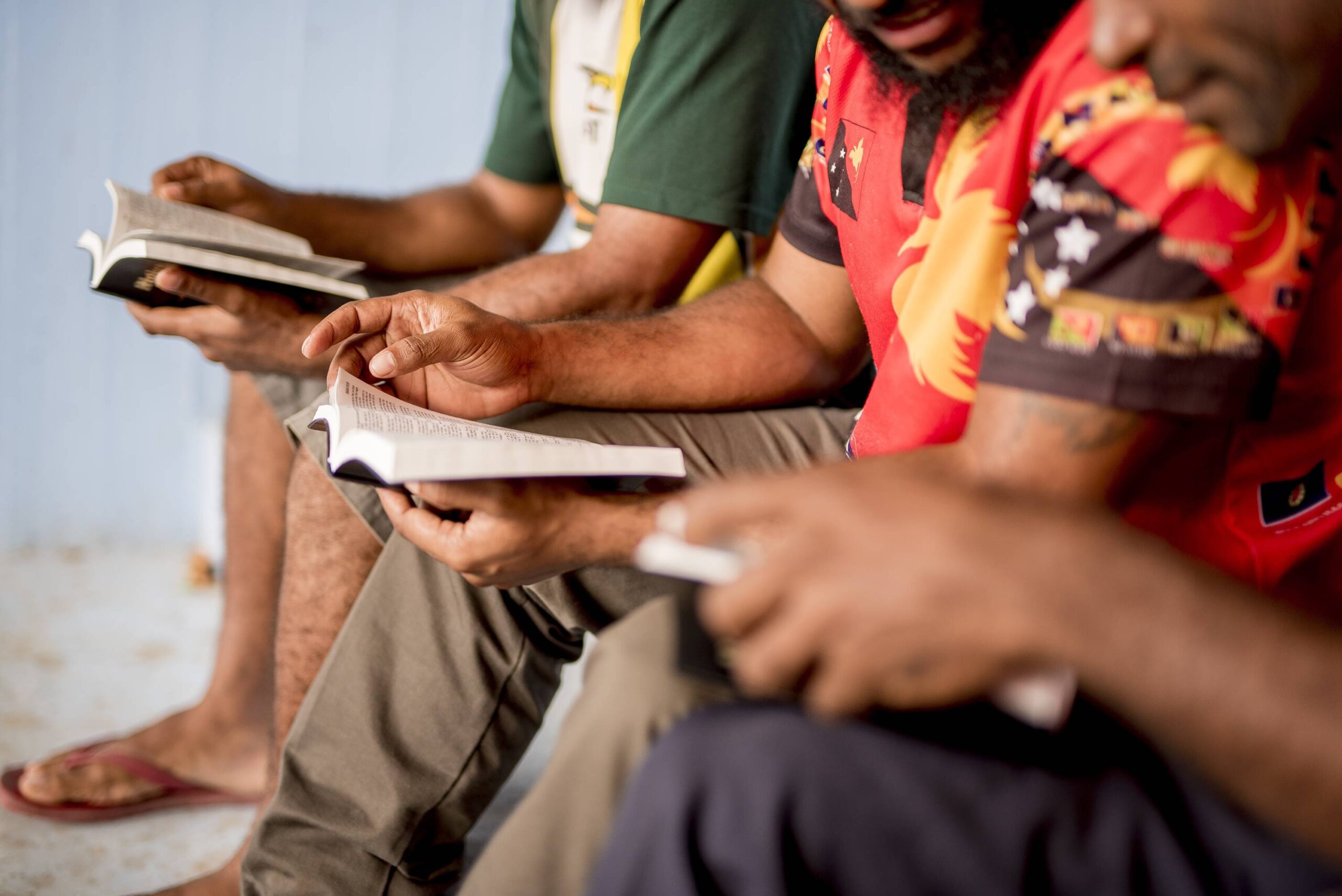These resources serve as companion materials and recommended readings provided by our speakers from the Orality and Theological Education webinar held on November 13, 2024. They are designed to deepen your understanding and support further study on the topics discussed.
Interpreting the Bible With the Poor
by Larry W. Caldwell
Good Bible interpretation is basic to the doing of good theology and missiology. It is foundational to individual and cultural transformation, especially among the poor. Such interpretation involves exegeting both the biblical text and the culturally-specific audience with whom the Bible interpreter is attempting to communicate that text. While the theory of this Two Step approach has dominated western and non-western theology/missiology, in reality the exegesis of the biblical text has far overshadowed the exegesis of the culture of the audience. This paper will attempt to better understand the interplay between textual and cultural exegesis in the context of ministry with the poor by asking: How might this Two Step approach be enhanced in order to help the poor do better Bible interpretation and thus theology/missiology? This question will be answered in three parts. Part 1 will set Bible interpretation in its worldwide context by examining the relationship between colonization and theological/ missiological education, followed by an examination of Bible interpretation and the constituencies it serves. Part 2 will focus on whether or not courses and curricula are truly contextualized for the worldwide church and the need for “lower-based” training programs and “border” pedagogies, including a case study from the Philippines specifically addressing the urban poor. Part 3 examines strategies for professors and institutions as they endeavor to exegete both the biblical text and the culture of the audience. The paper concludes with practical suggestions to help make Bible interpretation with the poor more relevant and engaging within their local contexts.
Reconsidering Our Biblical Roots: Bible Interpretation, the Apostle Paul and Mission Today
by Larry W. Caldwell
This series of articles examines how cultural assumptions shape biblical interpretation, especially within mission contexts. He notes that evangelical missions rely on hermeneutics to guide belief and practice, yet often overlook how Western interpretive frameworks influence their approach. Caldwell highlights the need for “deep-level contextualization,” a practice that involves recognizing and adapting to cultural differences in hermeneutics. By analyzing the Apostle Paul’s distinct interpretive style, which reflected his own cultural influences, Caldwell demonstrates that effective mission work requires an awareness of both the cultural assumptions within Scripture and those of the missionary. This approach encourages a more authentic, culturally resonant transmission of the Gospel across diverse settings.
Comparative characterisations of Jesus and the disciples in the Gospel of Mark, with special reference to ancient oral narration
by Laurence Gatawa
The study explores how the Gospel of Mark was crafted for public oral performance rather than private reading, reflecting an ancient oral culture. An eclectic “oral-memorial-comparative hermeneutics” approach analyzes the characterizations of Jesus and his disciples within this context, showing how the narrative’s oral, social, and performance dimensions would have influenced early audiences. The research concludes that Mark’s portrayal inspired followers toward discipleship, embodying an ideological contrast between domination and Jesus’s way of service and sacrifice.


